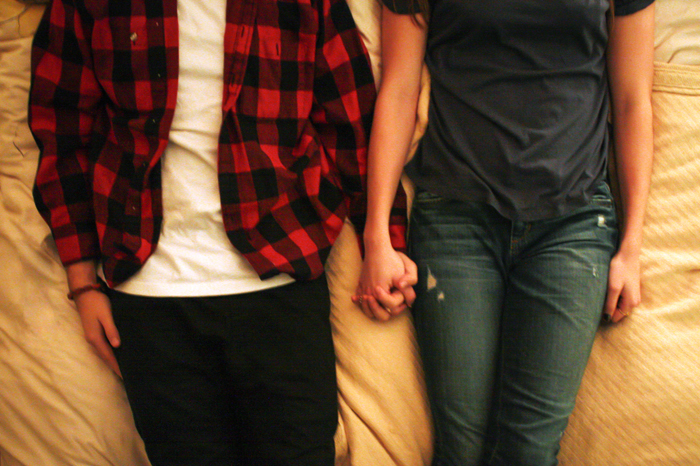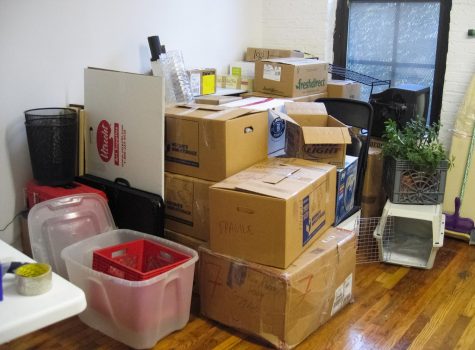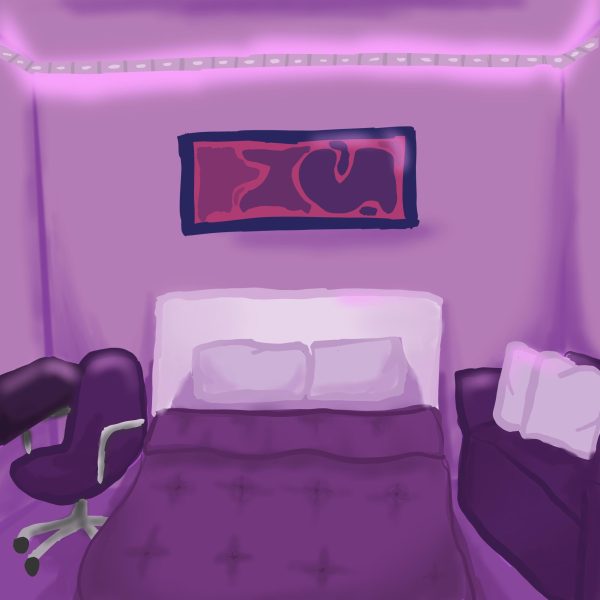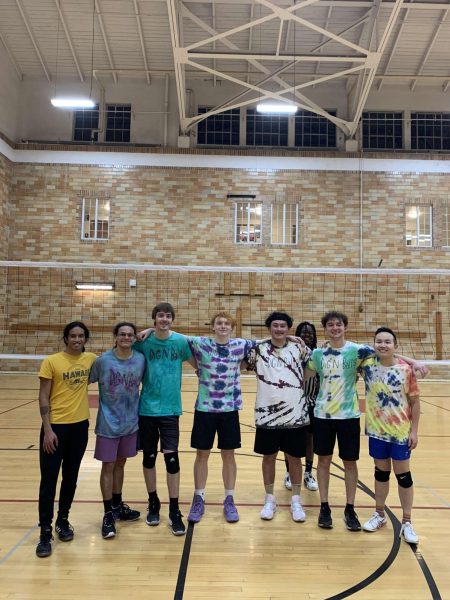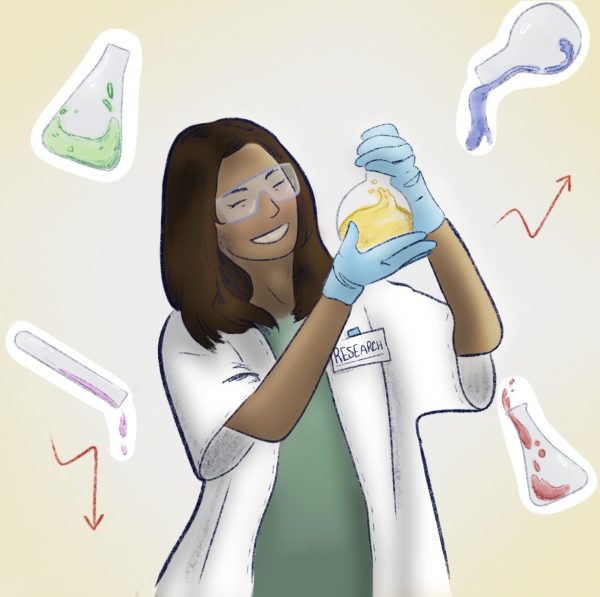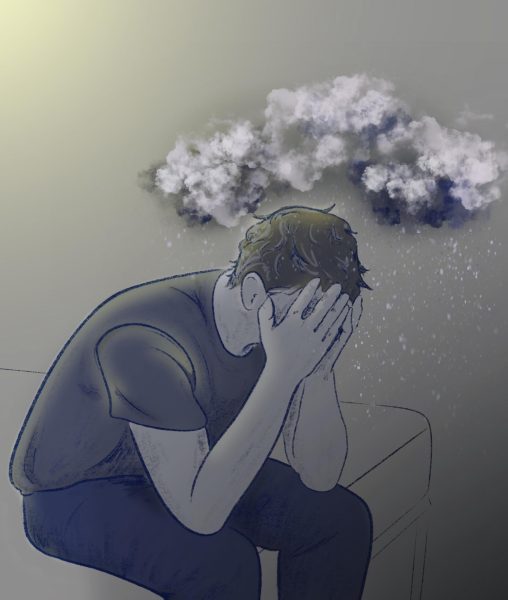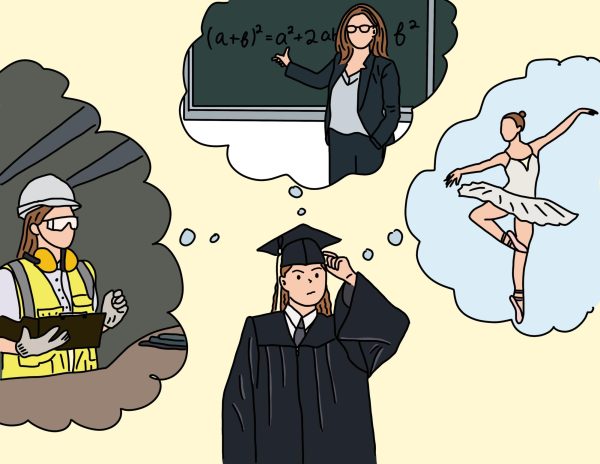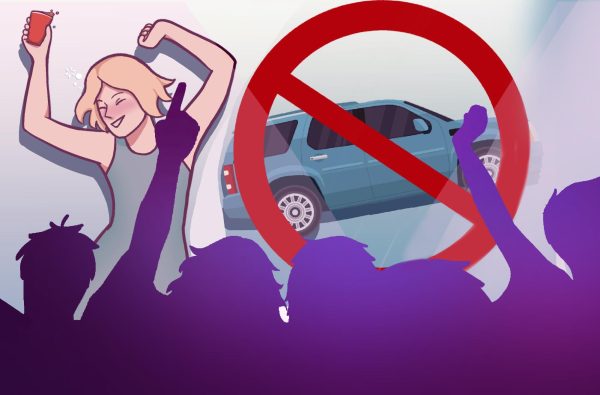Some don’t have a choice when it comes to wanting sex
December 3, 2013
After weeks of talking about the sexually active population of our campus, I figured it was time to clear something up. This column is dedicated to the other guys.
If you were beginning to feel like you and Mary were the last celibate people on earth, I don’t blame you. Unfortunately, the media, myself included, tends to skew perceptions of reality.
Before you accept that “everyone is doing it,” think again. Know that if you’re choosing to abstain from sex, you are not alone.
According to the 2010 National College Health Assessment, approximately 30 percent of college students said they had no sexual partners within the previous 12 months.
Regardless of their reasoning, the majority of these people actively chose to abstain from sexual activity. But for some, was it a matter of choice?
Before you assume the answer is no, I am not talking about the religious or impotent populations of our planet. I’m talking about the estimated 1 percent of the world who identifies as asexual.
An asexual individual is one who does not experience sexual attraction.
Unlike celibate people, asexuals contend they don’t choose to abstain from sex. The desire simply isn’t there.
David Jay, the founder of Asexuality Visibility and Education Network (AVEN), compares asexuality to being right-handed – an innate characteristic, not a matter of choice.
The scientific community has speculated about asexuality because it doesn’t fulfill what are traditionally considered basic human needs.
“Sex is a natural drive, as natural as the drive for sustenance and water to survive. It’s a little difficult to judge these folks as normal,” said Leonard R. Derogatis, a psychologist and the director of the Center for Sexual Health and Medicine at Johns Hopkins University.
As the asexual community continues to emerge, experts have yet to determine whether it is a biologically legitimate condition.
In the past, psychiatrists and psychologists attempted to explain the asexual lifestyle by diagnosing asexuals with disorders like Sexual Aversion Disorder. Others concluded it was due to some form of hormonal imbalance.
Unlike its “abnormal” counterparts, homosexuality and bisexuality, asexuality has no specific, defining behaviors.
Each individual who identifies as asexual defines his or her own experience.
Some report romantic relationships without sex. Others report no attraction to others whatsoever. Some simply choose to masturbate.
Experts have found that these people can experience physiological arousal and stimulation but are unable to connect these feelings to men or women.
In a study of 102 self-proclaimed asexuals, one participant said, “I masturbate at times, but I don’t connect it with anything sexual.”
Oftentimes romantic asexuals identify as heterosexual, homosexual or bisexual because their attraction is based solely on their partners’ personalities.
Another participant said, “The things I find attractive, I find attractive in both sexes.”
Despite a wide range of lifestyles, some asexuals experience a change of heart.
Many engage in and enjoy sex after identifying as asexual. Some attribute this to finding a secure partner and learning the behavior.
Much like sequential or situational homosexuality, their ideas about sex can be fluid and change over their lifespans.
“The thing about the asexual community is that we’re not a place people come to stop exploring themselves,” Jay said. “We don’t want to slap a label on people and then have that confine them.”
All labels aside, remember, to each their own. Whether your idea of a hot night includes intense Scrabble or screwing, carry on.


